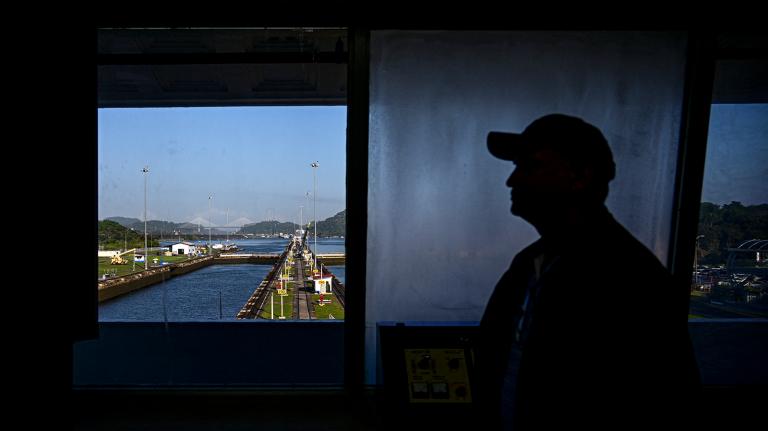When contemplating cities suffused with technology, the dangers are immediately apparent. All these data and systems could easily become tools for more repressive political control or (far more likely in my view) means for corporate influence to penetrate deeper and deeper, extracting profit from parts of our lives that once were private and noncommercial. Indeed, without strong human- and consumer-rights advocacy, our newly digital cities could easily become one step forward and three steps back from a societal perspective. On the other hand, because we are so early in the curve — and because of the excellent work of groups like the ACLU and EFF — we still have the ability to set the political and economic agenda for these systems. If they turn into exploitative nightmares, it will be because we let them. It is completely within our power to choose the opposite.
Addressing another danger — network security breaches — will demand not only more willpower, but also a shift in approach. With the increasing digitization of everything comes a corresponding increased risk in cyber-crime, complex system failures, and simple vandalism. That risk cannot, unfortunately, be met by not changing — our current systems present terrifying vulnerabilities — or by handing responsibility for the problem off to central authorities. The risk can only be met by three strong responses.
The first is open approaches to systems design that allow numerous users to understand those systems and find their weak spots and flaws; software evolved by these approaches has consistently proven more resilient than proprietary, purely commercial competitors, and Jamais Cascio and other leading technology futurists believe these open approaches can be applied across a vast range of systems with similar results.
The second is strong international laws and collaborating legal forces capable of finding and stopping lawbreakers like terrorists and organized criminal syndicates on an ongoing and successful basis. This, we should note, is much more about promoting the stability of fragile states and international rule of law than it is about high-tech espionage.
Third, we should understand when the controls and security systems we need demand people and human relationships, not more algorithms. We’ve for too long believed that every relationship can be commoditized and outsourced, and forgotten how critical community cohesion and learning actually are.
We tend to forget, too, how unsustainable our current technologies are. Right now, the entire technology sector is pretty much toxic, climate polluting, and materially unsustainable. Yet this is one area where I am actually fairly confident we can see major progress in the next decade, with breakthroughs in engineering, industrial processes, and product design. Some of the world’s smartest people are already at work on this challenge. They just need to work faster.
So, a city of networked systems is no panacea. Built carefully and democratically, however, the digitized city offers powerful new opportunities for emissions reductions.
Back to Carbon Zero, chapter 5
Back to Carbon Zero, full contents


